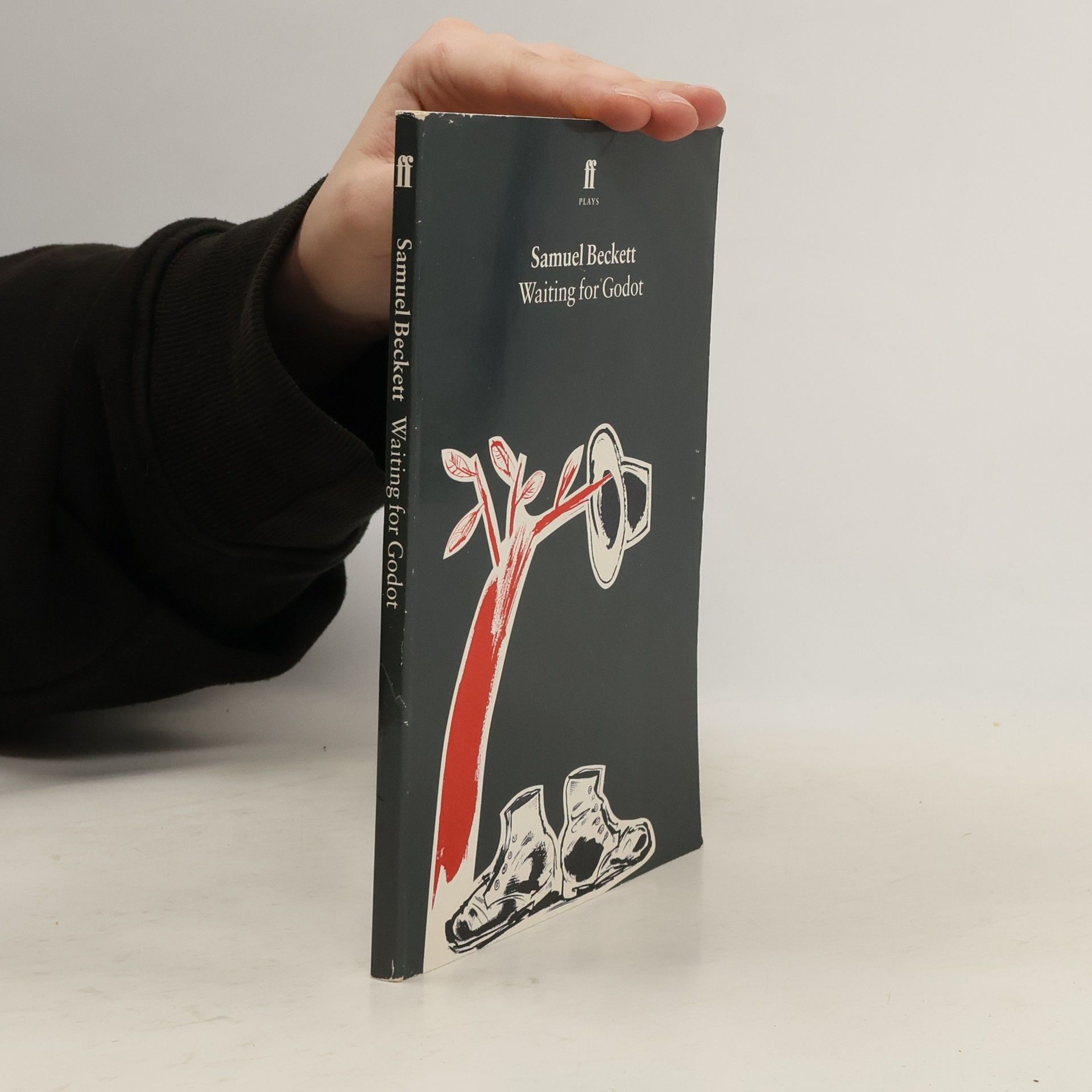"Nothing happens, nobody comes, nobody goes, it's awful?" Estragon's complaint, uttered in the first act of Waiting for Godot, is the playwright's sly joke at the expense of his own play - or rather at the expense of those in the audience who expect theatre always to consist of events progressing in an apparently purposeful and logical manner towards a decisive climax. In those terms, Waiting for Godot - which has been famously described as a play in which "nothing happens, twice"- scarcely seems recognizable as theatre at all. As the great English critic wrote "Waiting for Godot jettisons everything by which we recognize theatre. It arrives at the custom-house, as it were, with no luggage, no passport, and nothing to declare; yet it gets through, as might a pilgrim from Mars."
Lawrence Graver Boeken
